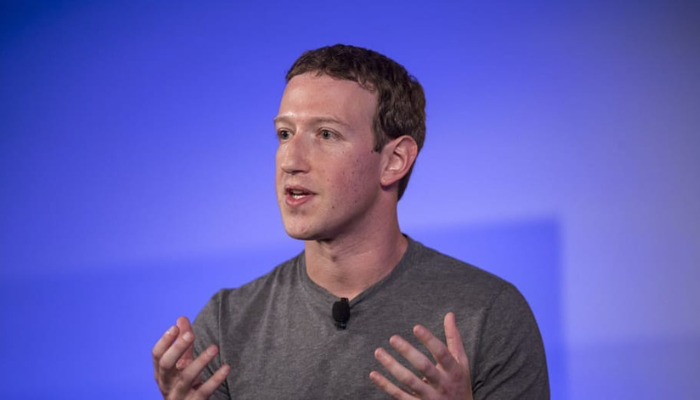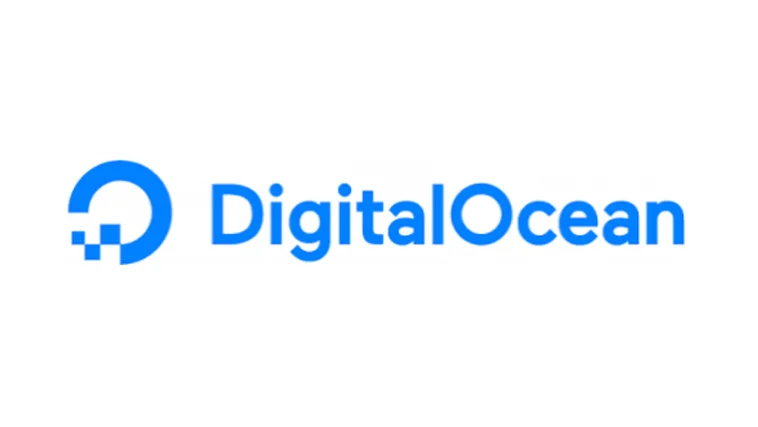
Last updated on March 23rd, 2024 at 08:03 am
Meta CEO criticized for contemplating releasing human-level AI tools as open source
Mark Zuckerberg faces criticism for planning to develop an artificial general intelligence (AGI) system comparable to human intelligence and potentially releasing it as open source. Critics argue this approach is irresponsible.
AGI, though not precisely defined, generally describes a theoretical AI with intelligence equal to or surpassing humans, capable of various tasks. Experts and politicians worldwide are concerned about the emergence of AGI, fearing it could surpass human control and pose a threat to humanity.
Zuckerberg confirmed Meta’s consideration of making its AGI open source, akin to the company’s Llama 2 AI model, allowing developers and the public to use and adapt it freely. He emphasized the importance of this technology and the vast opportunities it offers, suggesting that it should be made widely available for everyone’s benefit.
Dame Wendy Hall, a computer science professor at the University of Southampton and a UN AI advisory member, expressed deep concern about the idea of open sourcing AGI, calling it “really very scary.” She criticized Zuckerberg for considering such a move, deeming it irresponsible.
“The idea of releasing open source AGI before we have established regulations for these highly powerful AI systems is truly alarming,” she said. “In the wrong hands, technology like this could cause significant harm. It is incredibly irresponsible for a company to propose such a thing.”
Hall further stated, “Fortunately, I believe we are still many years away from achieving such an aspiration [AGI] in any meaningful capacity, so we have time to establish regulatory systems. However, it is crucial for public safety that we advance this work with a sense of urgency.”
Meta was among the tech companies that participated in a global AI safety summit in the UK last year, where they committed to allowing governments to assess artificial intelligence tools both before and after their release.
Another expert based in the UK stated that the decision to open source an AGI system should not be left to a tech company.
“There are complex arguments about the benefits of open-sourcing current AI models, but extending that to AGI could have either world-saving or catastrophic consequences,” said Dr. Andrew Rogoyski, a director at the Institute for People-Centred AI at the University of Surrey. “These decisions should be made through international consensus, not within the boardroom of a tech giant.”
In an interview with the tech news website The Verge on Thursday, Zuckerberg mentioned that he would lean towards open sourcing as long as it was sensible and the “safe and responsible thing to do.”
Meta’s decision to open source Llama 2 last year was criticized by some experts, including Hall, who likened it to “giving people a template to build a nuclear bomb.”
The California-based OpenAI, known for developing ChatGPT, is actively pursuing AGI, which it defines as “AI systems that surpass human intelligence.” Demis Hassabis, the head of Google’s AI division Google DeepMind, has suggested that AGI could be achieved in less than a decade.
Sam Altman, CEO of OpenAI, struck a cautious tone at the World Economic Forum in Davos, Switzerland, this week, stating that further progress in AI hinges on breakthroughs in energy provision, such as nuclear fusion.
Zuckerberg did not specify a timeline for developing an AGI system, but he mentioned that Meta has invested heavily in infrastructure to advance AI. The company has also procured a significant supply of AI processing chips. Additionally, Zuckerberg mentioned ongoing work on a follow-up to Llama 2.




